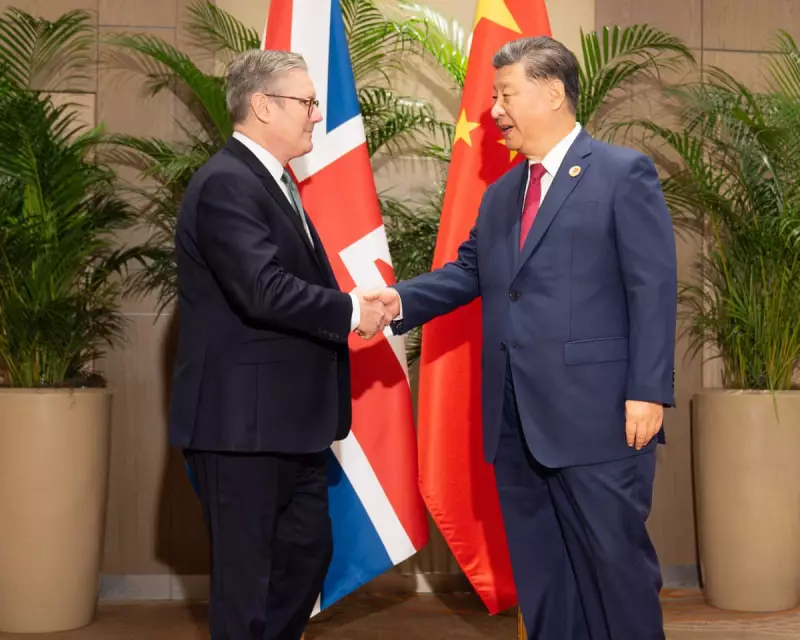
In a significant diplomatic development, the Labour government is quietly softening its stance towards China following the dramatic collapse of a major espionage case that had severely strained relations between London and Beijing.
Diplomatic Thaw Emerges After Legal Setback
The controversial case, which accused two individuals of spying for China, unravelled after prosecutors admitted they had "no realistic prospect of conviction." This legal collapse has provided the Starmer administration with political cover to pursue a more pragmatic approach to UK-China relations.
Whitehall sources indicate the government sees an opportunity to "reset" the relationship after what one insider described as a "diplomatic disaster" under the previous administration. The failed prosecution has undermined previous hardline rhetoric about Chinese interference in British affairs.
Strategic Recalibration Underway
Government ministers are now carefully navigating a middle path between security concerns and economic realities. While maintaining vigilance on national security matters, there's growing recognition of China's crucial role in addressing global challenges like climate change and economic stability.
The shift represents a marked departure from the confrontational tone that had dominated UK-China relations in recent years. Instead of public condemnation, officials are now emphasising "constructive engagement" and "managed competition."
Economic Realities Drive Policy Review
Behind the scenes, economic considerations are playing a significant role in this recalibration. With China remaining one of Britain's largest trading partners and a critical market for British businesses, there's increasing pressure to normalise relations without appearing weak on security matters.
The government's new approach involves separating economic cooperation from security concerns, allowing for continued trade and investment while maintaining appropriate safeguards.
Political Fallout and Future Direction
Opposition critics have expressed concern about the changing tone, warning against compromising national security interests. However, government officials counter that their approach represents a more sophisticated and sustainable long-term strategy.
As one senior diplomat noted: "We're not abandoning our principles, but we are recognising that effective diplomacy requires engagement, not just confrontation."
The coming months will reveal whether this more nuanced approach can successfully balance Britain's security interests with the practical realities of engaging with a global superpower.





